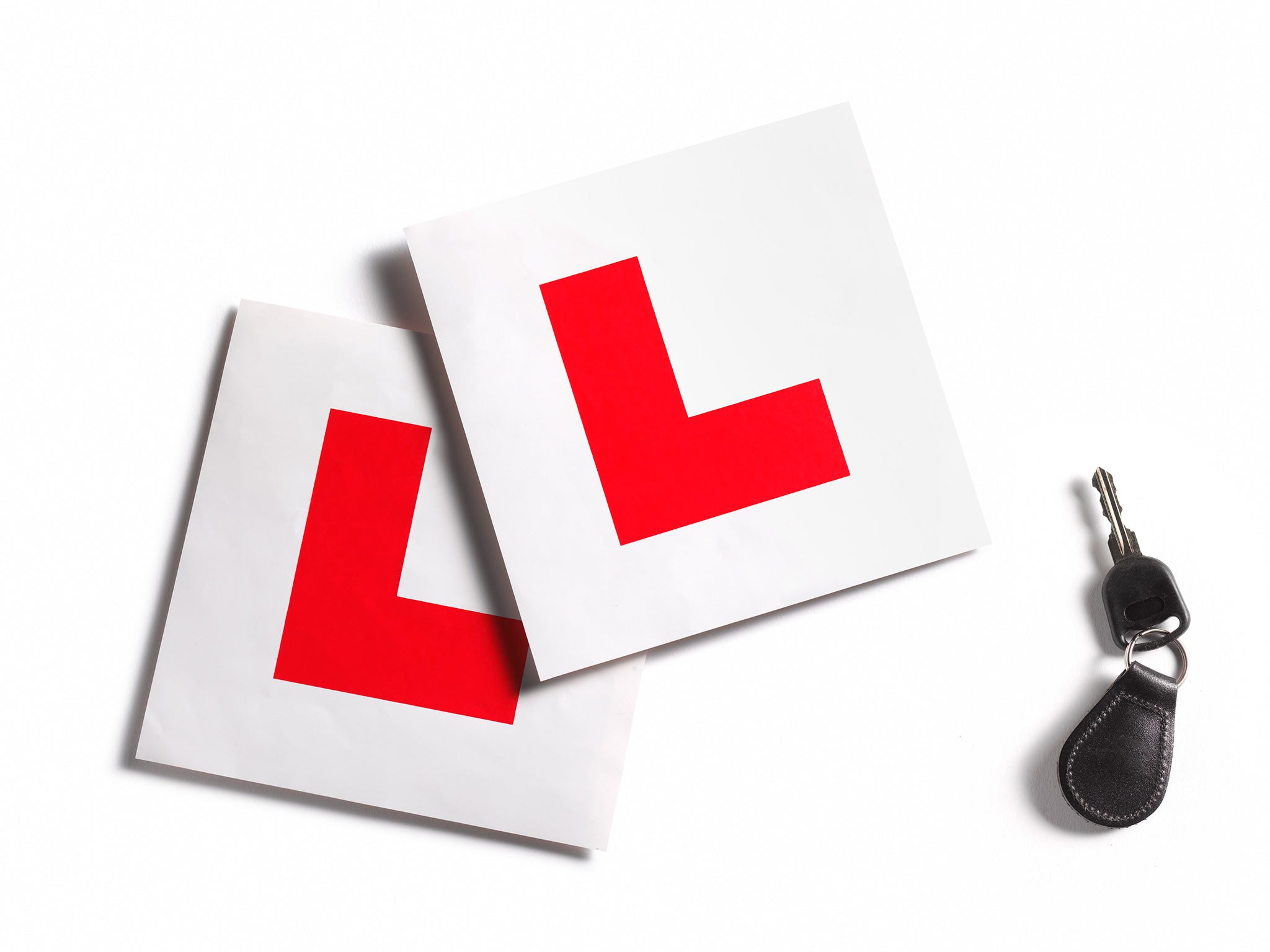Conservatives plot a motoring revolution: Draft report reveals biggest reform to regulations since driving test introduced in 1935
Department of Transport changes to include new age limits, part-privatised tests, driverless cars and job losses

The Government is plotting the biggest roads revolution since the introduction of the driving test in 1935, drafting a series of reforms that include a controversial part-privatisation of the practical examination.
Other proposed reforms include closing test centres, cutting jobs at motoring agencies, increasing fees for non-essential services such as personalised number plates, and raising the age at which drivers must declare that they are fit to drive from 70 to 75. Officials are even pondering how to tailor the test to reflect an expected surge in driverless cars over the next decade.
The Department for Transport is preparing a consultation document on the reforms which will be published in October. A draft has been obtained by The Independent on Sunday. The consultation will form the basis of next year’s formal strategy on the future of the country’s three motoring agencies – the Driver and Vehicle Standards Agency (DVSA), the Driver and Vehicle Licensing Agency (DVLA) and the Vehicle Certification Authority (VCA).
Ministers want to improve the driving test pass rate, which is languishing below 50 per cent. The document states that there is “anecdotal evidence” that ill-prepared learners are booking their test date after only a handful of lessons, possibly because of concerns over waiting times between booking and taking the practical examination. Last year, the waiting time hit eight weeks because of a shortage of examiners, but the Government target is no longer than six. There were 461,000 practical and 462,000 theory examinations undertaken in the last three months of 2014 alone.
The document sets out plans to introduce more flexible driving test slots, with more evening and weekend appointments.
The Government is undertaking a separate review of the driving test and is trialling an examination that asks learners to follow satnav directions for 20 minutes. The consultation reveals that examiners could also be asked to take a photograph of the driver as soon as they have passed, so their licence can be processed more quickly. The DfT also wants to “explore the options” for reducing the DVSA’s driving test centre estate and its heavy goods vehicle test sites, freeing up land for housing. Redundancies appear to be inevitable, given that officials want to combine the DVSA and DVLA’s contact centres, finance, estates management and human resources departments.
However, the private sector would be asked to help to fill any shortages of examiners and test centres. The document states: “We will also consider how we might meet continued strong customer demand for the practical driving test, through exploring partnerships with other organisations. This might include operating from a range of different sites, or delivering some elements of the test through partners.”
Paul Williams, president of the Public and Commercial Services Union’s Department for Transport group, said this would cause “uproar” and “fury” among his members.
Last year, officials urged ministers to raise the mandatory licence renewal age from 70 to 80 to ease pressure on administration and reduce costs, even though RAC research suggests that one in 10 of elderly motorists are not fit to drive. They have been met half way with a proposal to raise the age at which older drivers can declare themselves fit to drive by five years.
Austerity cuts have made revenue-raising measures a priority across Whitehall, and ministers believe that the motoring agencies should increase their fees. “Not all agency fees charge for a state monopoly; either insofar as the service is optional (as in DVLA’s cherished number plate service), or where there are other providers in the market (as in VCA’s provision of type approval and/or technical services). We will therefore consider how agencies might maximise income from such services.”
The DfT reduced the annual fee for retaining personalised number plates from £105 to £80 earlier this year. The consultation also asks what respondents think of the Chancellor’s budget announcement of increasing the age of a car’s first MOT from three to four years.
The huge reforms build on the previous coalition government’s attempts to reshape the agencies. Ministers merged two agencies to create the DVSA, but botched an attempt to semi-privatise the VCA – the body that certifies vehicles for road use – when the British Standards Institute walked away from negotiations to become its commercial partner last year.
Richard Burden, the shadow roads minister, said: “A number of these changes, if done right, have some merit to them. But the track record of the Conservatives has been that every time they attempt a reorganisation, there has been chaos.”
The Government is symbolically using this year’s 80th anniversary of the driving test to push through the reforms. The document points out how motoring is rapidly changing due to advances in technology.
It states: “In the 130 years since Karl Benz built the first modern motor car there has been continuous and accelerated development of automotive technology. Such development will doubtless continue, with the prospect of driverless cars now a real possibility.”
Officials are also preparing a framework for a new safety regime. Five people a day are killed on the roads, though this is down from nine 10 years ago. There are nearly 30 million cars licensed in the UK.
A DfT spokesman said: “We are currently considering options for developing the motoring services agencies and will consult later in the year. We cannot at this stage comment on the detail.”
Subscribe to Independent Premium to bookmark this article
Want to bookmark your favourite articles and stories to read or reference later? Start your Independent Premium subscription today.

Join our commenting forum
Join thought-provoking conversations, follow other Independent readers and see their replies